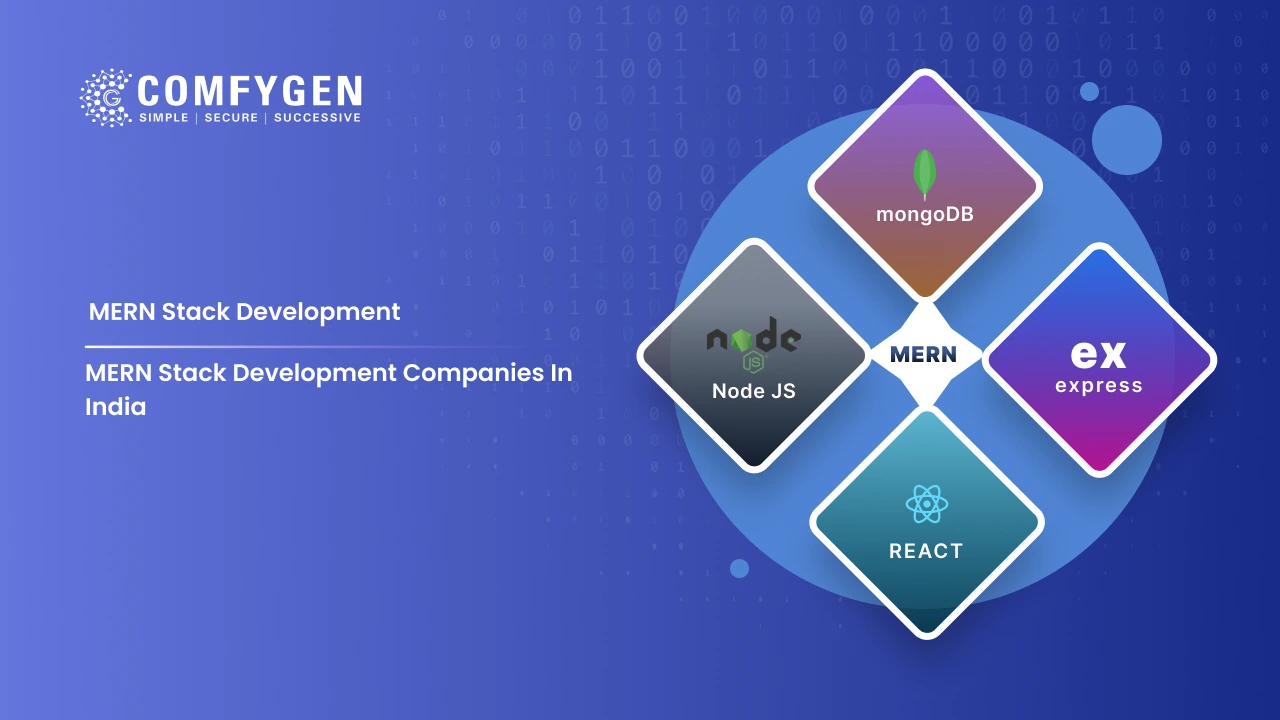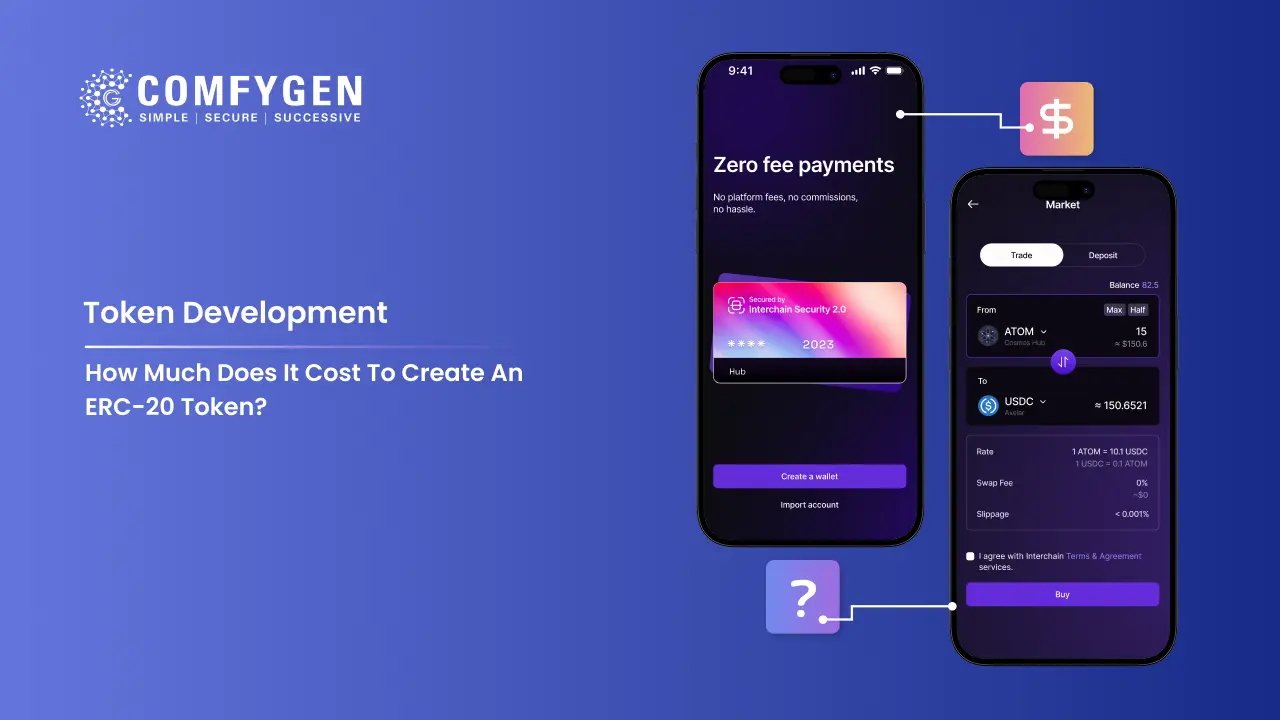How Do Decentralized Crypto Wallets Work? Peer-to-Peer TransactionsCryptocurrency wallets are essential tools for anyone who is looking to store, send, or receive digital currency like Bitcoin, Ethereum, or stablecoins. A decentralized Crypto Wallet acts as a digital vaults that secure your private and public keys, enabling safe interaction with blockchain networks. While traditional wallets are managed by centralized exchanges and offer convenience, they come with a trade-off: you don’t truly own your crypto since the custody of your private keys remains with a third party.
This is where decentralized crypto wallets (non-custodial wallets) are transforming the Web3 ecosystem. Unlike centralized options, decentralized crypto wallets provide users with complete ownership and control of their own funds, allowing peer-to-peer transactions without depending on intermediaries. With the rapid growth of DeFi, NFTs, and decentralized developed applications, these crypto wallets have become the backbone of the next-generation financial system.
What Is a Decentralized Crypto Wallet?
A decentralized crypto wallet is a digital wallet that gives full ownership and control of your crypto assets. You can store, send, or receive digital currency like Bitcoin, Ethereum, or stablecoins through this wallet. Unlike centralized wallets provided by exchanges, decentralized crypto wallets do not depend on third-party tools to store your private keys.
Deferencer between Centralized and decentralized crypto wallets
| Feature | Centralized Wallets (Custodial) | Decentralized Wallets (Non-Custodial) |
| Ownership of Private Keys | Controlled by the exchange or service provider | You generate and control your private keys |
| Custody of Funds | Custody lies with the service provider | Fully owned by the user |
| Security Risks | Funds may be at risk if the exchange is hacked, goes offline, or freezes withdrawals | Higher security as no third party can access your funds |
| Access & Control | Limited by the provider’s policies and restrictions | Full control and autonomy over funds |
| Recovery Options | Managed by the service provider | Recovery via seed phrase or backup keys |
| Transparency | Users rely on the provider for transaction transparency | Full transparency via blockchain Technology |
| Best For | Beginners who prefer convenience | Experienced users seeking full control and security |
How Do Decentralized Crypto Wallets Work?
Blockchain technology is the backbone of any crypto wallet development. Decentralized crypto wallets give users complete control of their funds without relying on third parties such as banks or exchanges. Here’s how they work:
Blockchain-Based Authentication
When you create a decentralized crypto wallet, it also generates two essential components:
- Public Key – Public Key is the same as our bank account number; it is used to receive cryptocurrency from others.
- Private Key –This works as the master password. It’s used to authorize transactions and must always remain secure. Whoever holds the private key owns the assets.
Blockchain-Based Authentication
Instead of verifying transactions through intermediaries, decentralized crypto wallets are developed on blockchain technology. Every transaction is recorded on a distributed ledger, validated by nodes (computers) across the network. This ensures transparency, immutability, and security without centralized oversight.
Peer-to-Peer Transactions
One of the biggest advantages of peer-to-peer (P2P) crypto transactions is complete control and efficiency. When you send digital assets, your decentralized crypto wallet signs the transaction using your private key, broadcasts it directly to the blockchain network, and gets validated by nodes across the Blockchain network.
Top Decentralized Crypto Wallets in 2025
Choosing the right Decentralized Cryptocurrency wallet is crucial for security, ease of use, and seamless interaction with Web3 platforms. Here are some of the most popular and trusted decentralized crypto wallets that were used widely in 2025:
- MetaMask
A browser extension and mobile crypto wallet, MetaMask is a favorite for Ethereum-based tokens and dApp integration. It enables direct access to DeFi protocols, NFTs, and blockchain-based games, making it ideal for active crypto users. - Trust Wallet
Trust Wallet is a mobile-first and multi-chain wallet. It allows you to store and manage multiple cryptocurrencies in one place. With staking features and strong security protocols, it’s perfect for users looking to earn passive income while keeping full control of their private keys. - Ledger Nano X / Trezor
These hardware wallets provide offline storage of private keys, ensuring maximum protection against hacks and malware. With top-tier security features, they are ideal for long-term crypto investors and high-value asset holders. - Exodus
Exodus is a desktop and mobile crypto wallet designed for user-friendly management of multiple cryptocurrencies in one place. It features a built-in exchange, portfolio tracking, and supports a wide variety of cryptocurrencies, making it suitable for beginners and experienced users alike. - Coinbase Wallet
A mobile and browser-based crypto wallet that is non-custodial, offers users full control over their private keys. Coinbase Crypto Wallet integrates with DeFi apps, NFTs, and dApps, offering convenience for users who want to interact with blockchain ecosystems securely. - Argent Wallet
Argent is a mobile crypto wallet designed with security and simplicity in mind. It offers features like social recovery, DeFi access, and no seed phrase management, making it speciality for new user-friendly while supporting advanced crypto operations. - MyEtherWallet (MEW)
MEW is a web-based Ethereum crypto wallet that allows users to create and control non-custodial wallets. It supports Ethereum and ERC-20 tokens, and integrates with hardware crypto wallets like Ledger for enhanced security. - Atomic Crypto Wallet
Atomic Crypto Wallet is a multi-currency, cross-platform wallet that supports over 500 crypto coins and tokens. With a built-in exchange, staking, and secure private key management, it is ideally developed for active traders and investors managing diversified portfolios.
Ready to Transform Your Business
with Blockchain?
Let’s Connect
Key Features of Decentralized Cryptocurrency Wallets
Decentralized cryptocurrency wallets are designed to give users complete control over their digital assets while ensuring flexibility, security, and accessibility. Below are the core features that make them essential for crypto investors and businesses:
- Full Control of Private Keys
Unlike centralized crypto wallets or exchanges, decentralized crypto wallets put you in charge of your private keys. This means only you have access to your funds, reducing the risk of hacks, fraud, or third-party interference. - Multi-Chain Support
Modern decentralized crypto wallets support multiple blockchains such as Bitcoin, Ethereum, Solana, Binance Smart Chain, and Polygon. This ensures that users can manage a wide variety of crypto tokens and digital assets from a single wallet interface. - Security & Encryption Mechanisms
Advanced security protocols such as biometric authentication, PIN protection, end-to-end encryption, and seed phrase recovery safeguard your assets. Large businesses store private keys locally, not on a central service, to reduce risk. - DApp & DeFi Integration
Decentralized crypto wallets usually include seamless access to decentralized applications (DApps) and DeFi development platforms. This allows users to trade, stake, lend, borrow, or participate in liquidity pools without leaving their wallet interface. - Backup & Recovery Options
Most crypto wallets provide seed phrases or recovery keys to help restore your wallet in case of device loss or theft. This ensures your crypto assets remain safe and accessible no matter what happens to your device.
Benefits of Using a Decentralized Crypto Wallet
Decentralized crypto wallets offer several advantages that make them the preferred choice for crypto enthusiasts, investors, and businesses. Unlike centralized crypto wallet solutions, they provide true autonomy and flexibility when managing digital assets.
- Security & Ownership
With decentralized crypto wallets, you own your private keys and, by extension, your digital assets. This reduces the risk of exchange hacks or custodial mismanagement. Your crypto remains under your full control at all times. - No Reliance on Third Parties
No central authority or intermediary is managing your crypto wallet. Transactions happen directly through blockchain technology, giving you more transparency and reducing counterparty risks. - Global Accessibility & Financial Freedom
Anyone with an internet connection can create and use a decentralized crypto wallet, regardless of location. This opens financial opportunities to the unbanked and gives you the freedom to transact without borders or restrictions. - DeFi, NFT, and Staking Integrations
Modern decentralized crypto wallets are more than just storage. They connect seamlessly with DeFi platforms, NFT marketplaces, and staking protocols, allowing you to trade, invest, and earn passive income without leaving the wallet interface.
How to Choose the Right Decentralized Crypto Wallet
Selecting the right decentralized cryptocurrency wallet is important to keep your digital assets safe, ensuring top-level security, and gaining seamless access to DeFi platforms, NFTs, and Web3 applications. When choosing a wallet, factors like usability, private key control, multi-chain support, hardware vs. software options, and staking features play a major role in finding the best fit for your crypto investment strategy.
- Security Features
Look for crypto wallets that provide strong encryption, two-factor authentication (2FA), biometric access, and secure seed phrase backup. Hardware crypto wallets are ideal for long-term storage, while software crypto wallets should have robust security protocols to protect against hacks and phishing. - User Experience (UX)
A crypto wallet should be user-friendly. Smooth onboarding, clear transaction history, and simple sending/receiving processes are critical, especially for beginners or businesses managing multiple digital assets. - Multi-Chain Support
The best decentralized crypto wallet supports multiple blockchains like Bitcoin, Ethereum, Solana, Binance Smart Chain, and more. Multi-chain crypto wallets allow you to manage various tokens without needing multiple applications. - Integrations and Compatibility
Check if the crypto wallet integrates with DeFi platforms, NFT marketplaces, and dApps. Seamless integration ensures you can participate in staking, yield farming, and other Web3 opportunities directly from your wallet.
Conclusion
Decentralized cryptocurrency wallets not only store digital assets they are also the foundation of a secure, transparent, and user-driven crypto ecosystem. By providing users full control over their private keys and enabling peer-to-peer transactions, these wallets empower individuals and businesses to confidently participate in blockchain, DeFi, and NFT platforms. At Comfygen, we provide expert Decentralized crypto wallet development solutions, integration, and consulting services to help startups, enterprises, and crypto enthusiasts maximize security, usability, and growth potential, unlocking the full value of their digital assets while adopting a future-ready approach to blockchain.

Mr. Saddam Husen, (CTO)
Mr. Saddam Husen, CTO at Comfygen, is a renowned Blockchain expert and IT consultant with extensive experience in blockchain development, crypto wallets, DeFi, ICOs, and smart contracts. Passionate about digital transformation, he helps businesses harness blockchain technology’s potential, driving innovation and enhancing IT infrastructure for global success.









